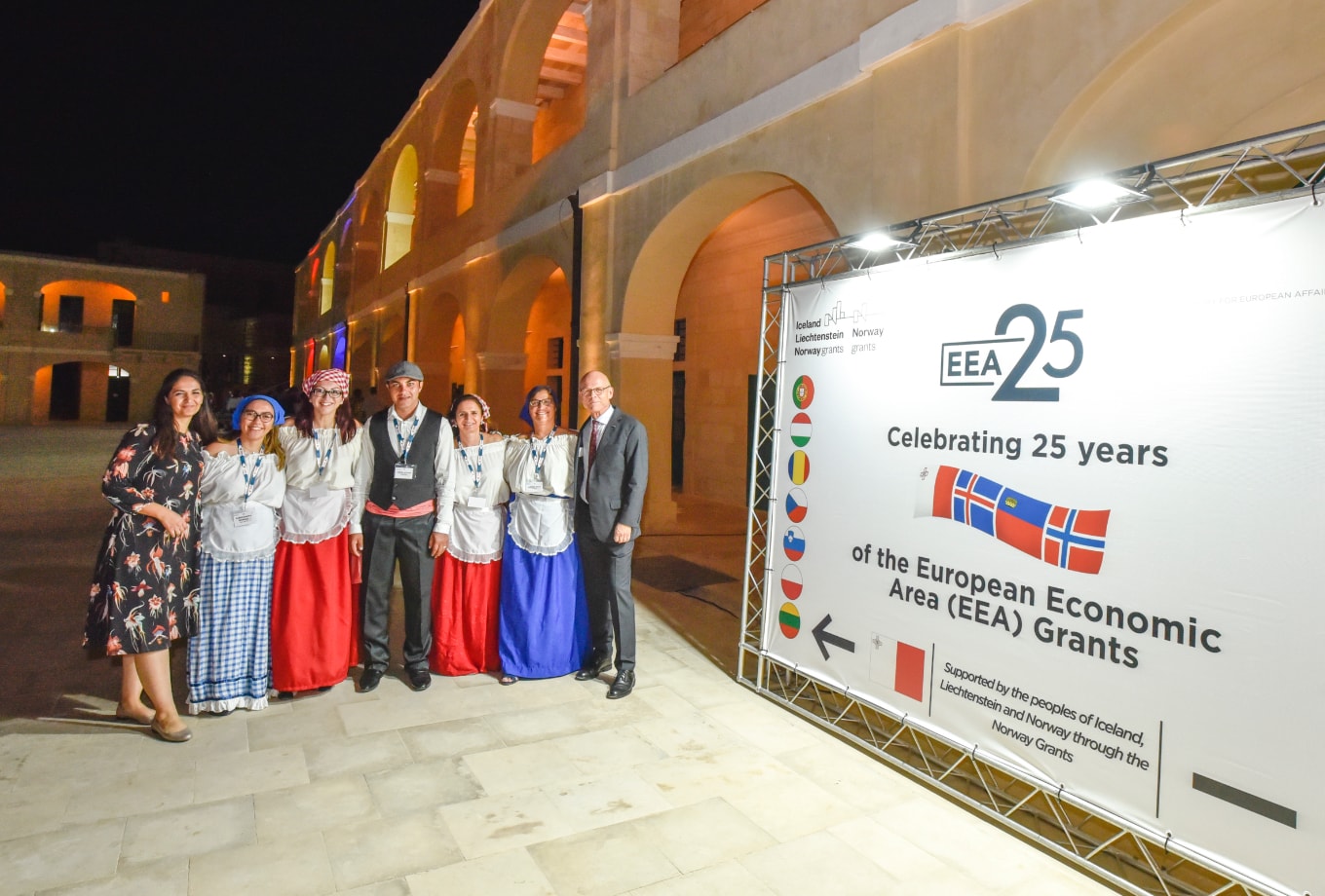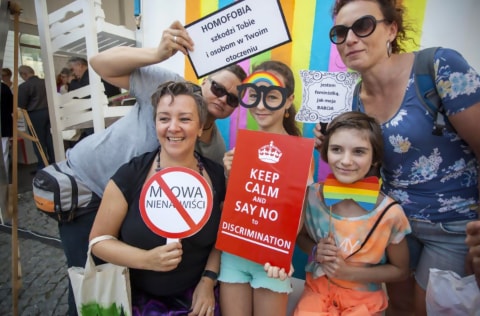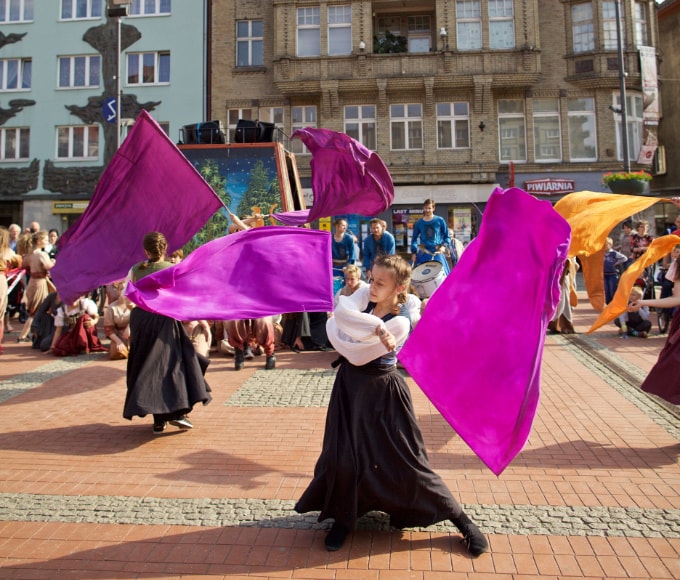
The European Economic Area
The European Economic Area (EEA) binds together the 27 EU Member States and Iceland, Liechtenstein and Norway as equal partners in the internal market. Citizens of all EEA countries have the same rights and obligations when it comes to trade and investment, banking and insurance, and buying and selling services. They have the same right to work, study and live in any EEA Member State. The Agreement also covers cooperation in other important areas such as research and innovation, education, culture, civil society and the environment.


